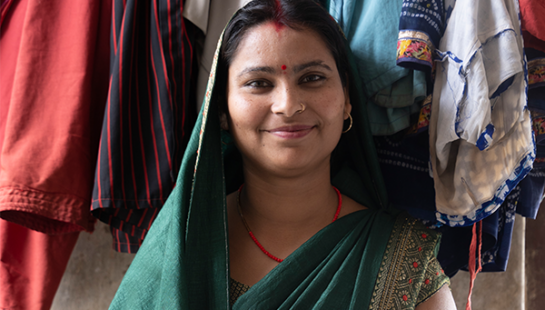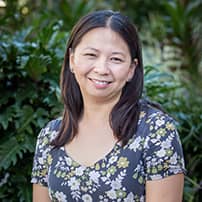Last week in church, while going through regular teaching series, I learned something I don’t think I was previously aware of: ‘Don’t fear‘ or ‘Don’t be afraid‘ is one of the most common commands in the whole Bible. Interesting and amazing!
Fear. The word itself is pretty simple to understand. I guess that’s because it describes one of the most common human emotions . . . and, yet, last week I learned that God wants us not to be afraid. How can that be?
Anyone who’s a Christian could give an answer to that question.
God’s love, ultimately shown in His Son, Jesus, gives us the confidence to experience the worst that life can throw at us. The Apostle John reminds us that perfect love casts out fear. However, how many of us can say that they live this reality every day? I, for one, certainly still experience fear.
Perhaps a clue is found when you consider the key themes that John writes about in his first letter.
Dear children, let us not love with words or speech but with actions and in truth
My faith in Christ, my love for God and my neighbor, and the way I endeavor to live my life are intertwined in such a way that you can’t distinguish between any of these qualities. My faith shows itself by what I do. In the same way, my love shows itself by what I do.
As John says, “Dear children, let us not love with words or speech but with actions and in truth”.
I’m sure John meant that my love still involves my words but, according to him, anything that stops short of action doesn’t fit the blueprint for love.
I show my love for God by demonstrating love for my brothers and sisters. And I show my love for my brothers and sisters through much more than simply saying the words, ‘I love you‘. But, when I look at my own life, I still have a lot of questions about love—love for God and love for my neighbor. This was brought into sharp relief in Cambodia at the end of last year, the day I met Rith.
You would have met Rith recently yourself in this year’s Matching Grant appeal. Her story powerfully highlights the fears of the people we seek to help.
As I reflect on my meeting with Rith and her family—along with the many others I had the privilege of meeting on my trip to Cambodia—I am confronted by an understanding of the shape that my love needs to take. My love needs to be distinct and real, not simply notional.
While I cannot carry all Rith’s fears (that is impossible) I can’t ignore them either. If I believe what John tells me about the power of love to cast out fear, my love, however small and seemingly insignificant, needs to be real. My love needs to be practical.
And, perhaps, by demonstrating the love of God in practical ways to others, I might also learn in greater depth, the power of God’s perfect love to cast out my own fears.
That would certainly be something worth discovering for myself.



 Baptist World Aid
Baptist World Aid

 Sophia Russell,
Sophia Russell,